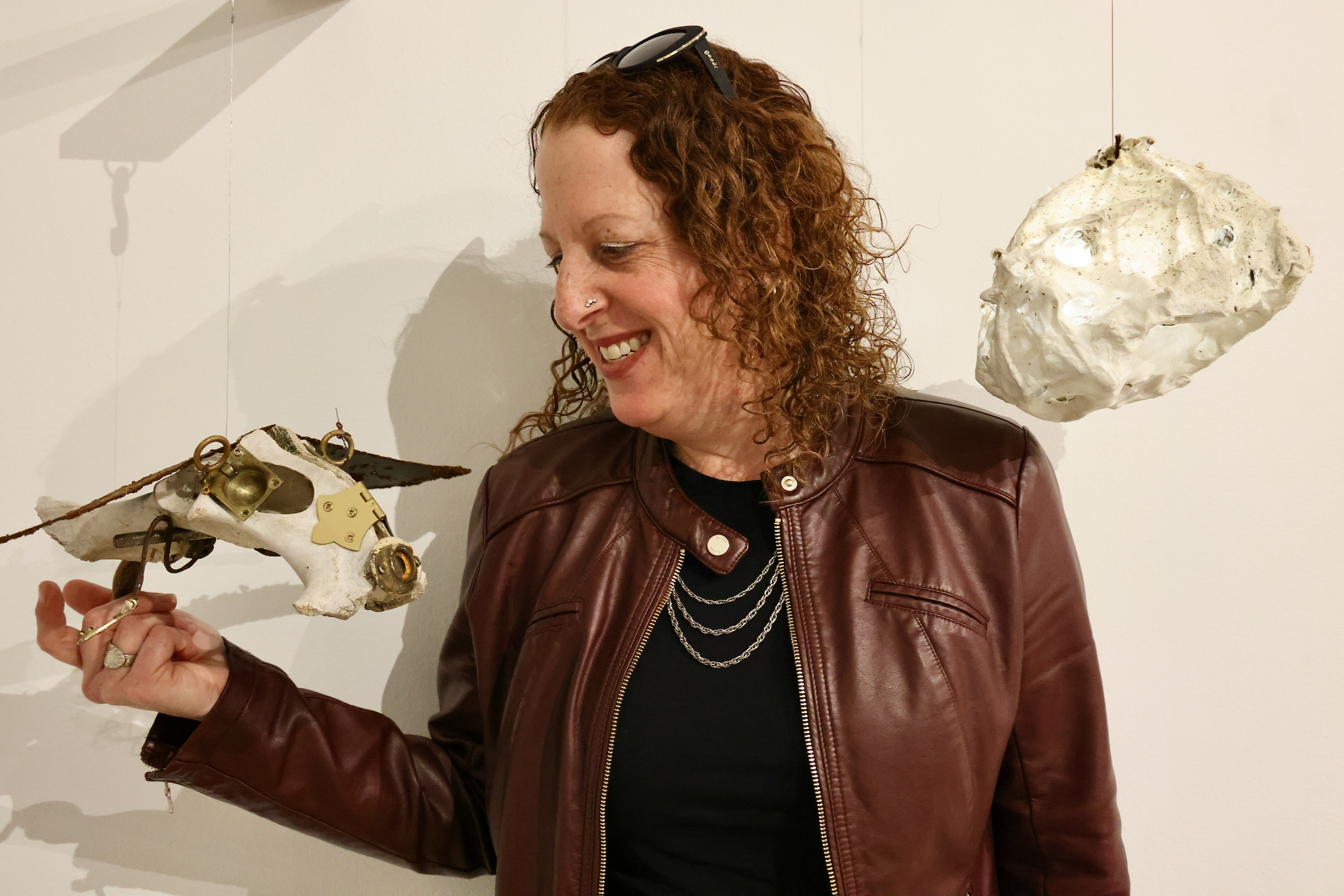News of the imminent closure of a Philadelphia charter school raises the question of what a public school is: a community effort to educate and care for children where all stakeholders have a voice or the vanity project of one person?
Students and parents at the Mathematics, Civics, and Science (MCS) Charter School were shocked last week to find out that MCS Chief Executive Officer Veronica Joyner had decided to close the school for good at the end of the academic year, some 25 years after she founded it.
Though Joyner claimed that the MCS board voted months ago to close the school, the absence of official meeting minutes on the MCS website since 2020 indicates that the board did not meet, let alone vote.
That paints a picture of a school that for years was under the rule of one person — a person who now claims no one else can fill her shoes.
LIke the surprise closing of Walter D. Palmer charter school nearly a decade ago, the closing of MCS leaves children from first grade through high school traumatized, feeling that their school no longer wants them. If the school does have to close, why not phase it out over the next three years so that all the students can graduate with their friends and fellow students? In addition, Joyner made her announcement just two weeks before the district’s deadline for high school applications. Even if the school community were to fight to keep the school open, Joyner’s plan to sell the school building, owned by an organization she controls, would literally close the door for good. In the city’s charter sector, this type of circular real estate deal is common and surprisingly legal.
When a school does not fulfill the educational needs of its students — when it actually causes harm to them — who is supposed to step in and defend them?
Philadelphia Board of Education President Reginald Streater’s statement that Joyner’s announcement was “very much a surprise” is hard to believe, as the board is the authorizer and overseer of the city’s charter schools. The board’s Charter Schools Office conducts annual reviews and makes regular presentations to the board.
Joyner’s history of barriers to enrollment, unfair treatment of the school’s students, and discrimination against special needs applicants over the years is well documented. Yet the district renewed MCS’s charter for a 5-year term in both 2013 and 2018, despite the school’s failure to meet academic and other standards. In fact, Joyner faced no repercussions for the school’s performance or her discriminatory actions. With charters, unfortunately, that is par for the course.
One reason is the board’s refusal to hold public charter renewal hearings, instead negotiating all terms and conditions in private meetings with charter administrators.
Joyner claims MCS has achieved “top grades” over the school’s 25 years, but district reports paint a very different picture. In addition to poor academic performance, renewal evaluations since 2013 have cited the school for significant violations including:
- Barriers to enrollment, such as requiring report cards and social security information to enter the admissions lottery
- Lack of due process in disciplinary proceedings, with school policies that permit suspension and expulsion for minor offenses, even for early elementary students
- Failing to hire the required number of highly qualified teachers
- Serving no English language learners from 2014 through 2017 or in 2019 and 2020.
Joyner’s record of discrimination against applicants and mistreatment of her own students in these and other ways is well documented, so the Board of Education could hardly be unaware.
Most egregious was Joyner’s treatment of an MCS student who survived a life-threatening attack in which he was shot 10 times, injuring his limbs and internal organs. After the teen underwent an exhaustive regimen of both physical and mental therapy, Joyner barred him from attending school — in effect suspending him indefinitely and without cause. She also prohibited him from attending prom and graduation — not even reading his name out loud as he watched from home.
No one stepped in to intercede on behalf of that student, including any member of the school board, which takes every opportunity to remind us that everything they do is for the children.
Now, the Board of Education must take control of this situation and make sure that the students and families of Mathematics, Civics, and Science have a say in the future of their school.























